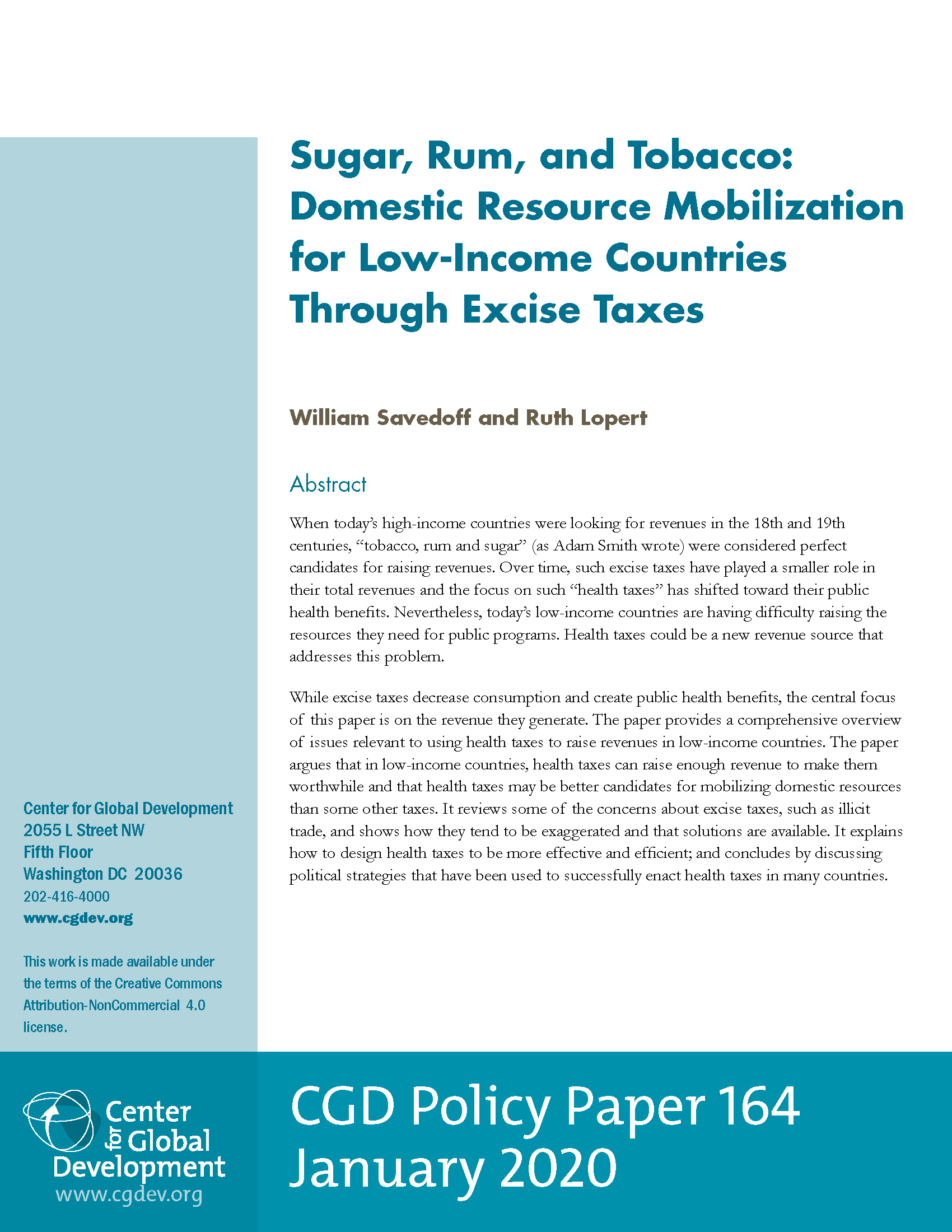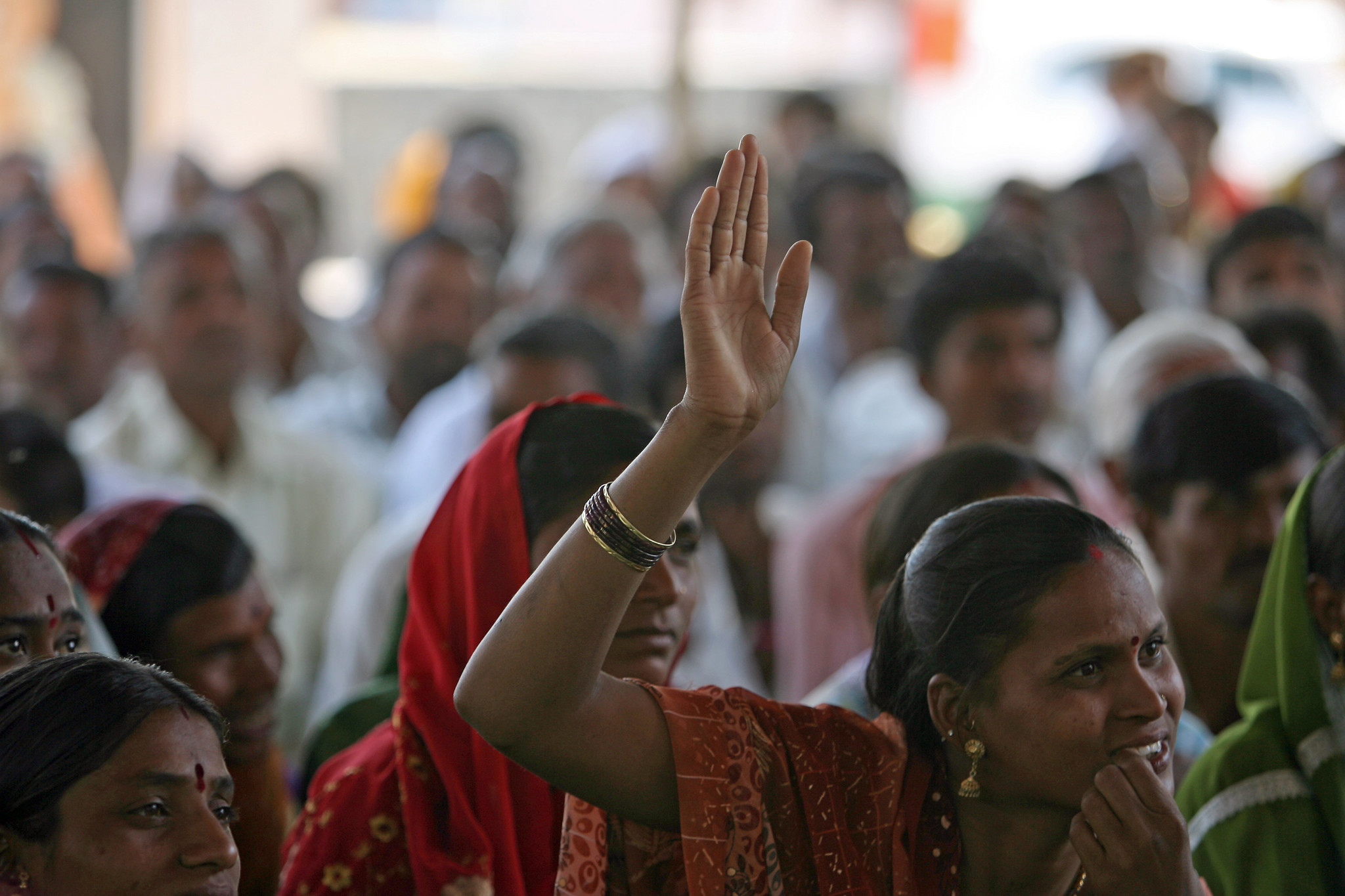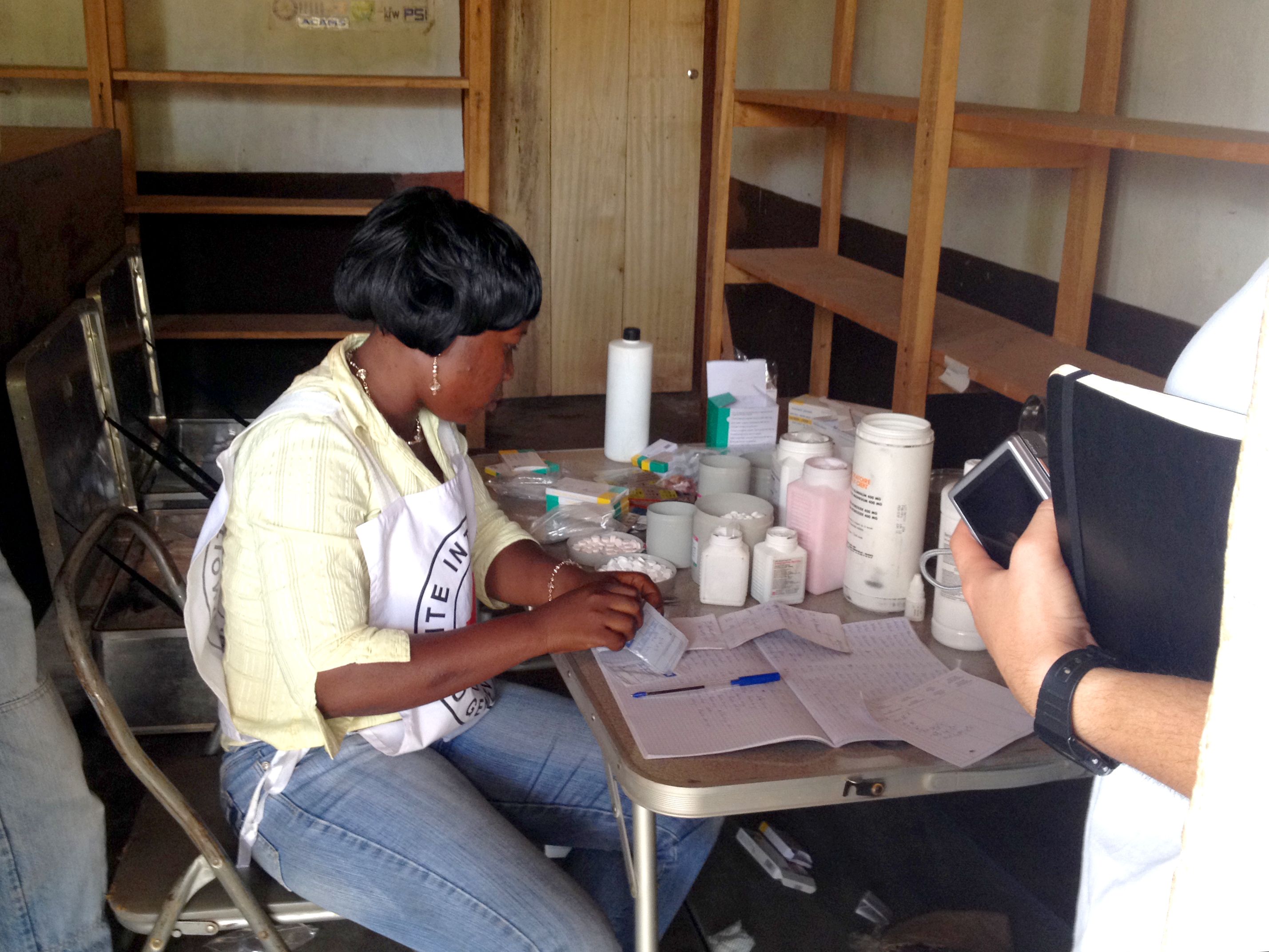Ideas to action: independent research for global prosperity
Search
Filters:
Experts
Facet Toggle
Topics
Facet Toggle
Content Type
Facet Toggle
Publication Type
Facet Toggle
Article Type
Facet Toggle
Time Frame
Facet Toggle
POLICY PAPERS
January 13, 2020
The paper provides a comprehensive overview of issues relevant to using health taxes to raise revenues in low-income countries. The paper argues that in low-income countries, health taxes can raise enough revenue to make them worthwhile and that health taxes may be better candidates for mobilizing d...
Blog Post
October 15, 2019
Efforts to make aid more effective in the last two decades have given prominence to "country ownership." With true country ownership, aid is supposed to follow the priorities of recipient countries, rather than those of the funders. Yet funders have their priorities too. So recipients and ...
WORKING PAPERS
October 11, 2019
This paper illustrates the tradeoff between country ownership and funders’ priorities with a formal model in which aid is governed by a contract to produce a jointly desired outcome. The model generalizes the Principal-Agent approaches for studying aid which treat countries as having multiple ...
Blog Post
September 30, 2019
With so many obstacles to providing these critical services, it is worth asking why countries produce Common Goods for Health at all? How do countries ever reach the point where they are willing to tax themselves to invest in services that are in the public interest? Services that are invisible...
Blog Post
July 26, 2019
In the world of foreign aid flows, the idea of paying for outcomes rather than inputs has a long history. Yet despite regular proclamations of interest in such approaches, the share of funding that is linked to outputs or outcomes instead of activities and processes remains quite small.
Blog Post
July 11, 2019
The Center for Global Development's annual summer reading list, presenting a selection of recommendations from CGD researchers and staff, is back with more ways to explore, analyze, or escape the world around you (reader's choice!). Swing back to the 1860s to visit New Zealand during th...











